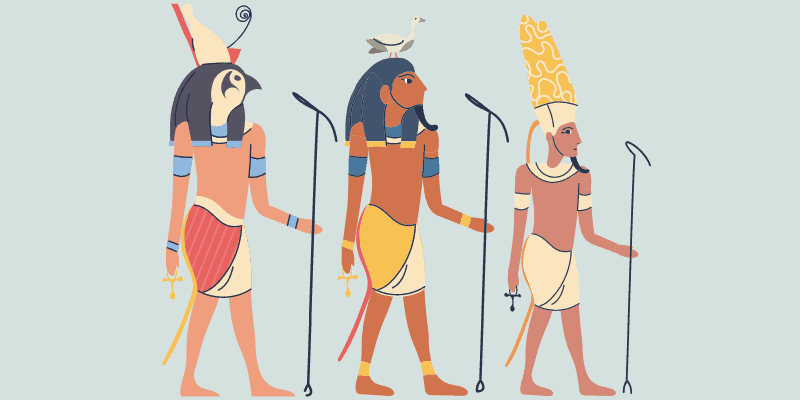- Joined
- Apr 6, 2017
- Messages
- 63,141
- Reaction score
- 52,790
- Gender
- Male
- Political Leaning
- Independent
Is there a hard and fast rule as to the use of “a” and “an” in front of an “H?”
Some examples come to mind:
1) an Hispanic
2) a history lesson, (an just doesn’t sound right in front of “history”)
3) a hurricane
4) an honor
etc
Some examples come to mind:
1) an Hispanic
2) a history lesson, (an just doesn’t sound right in front of “history”)
3) a hurricane
4) an honor
etc




